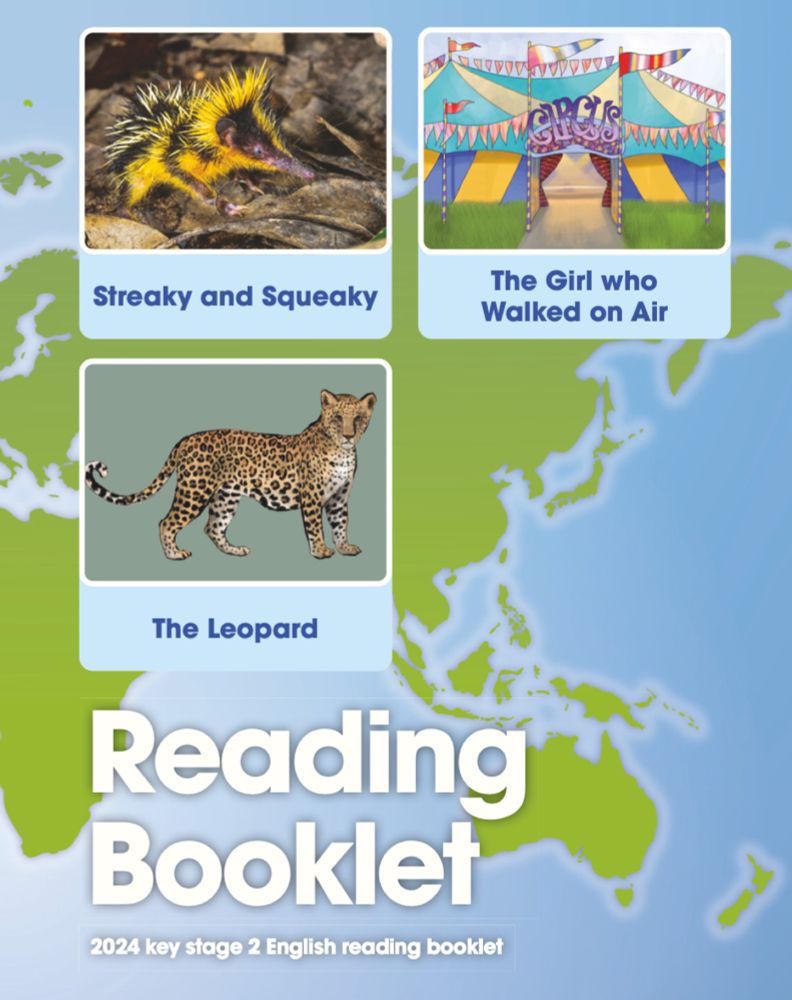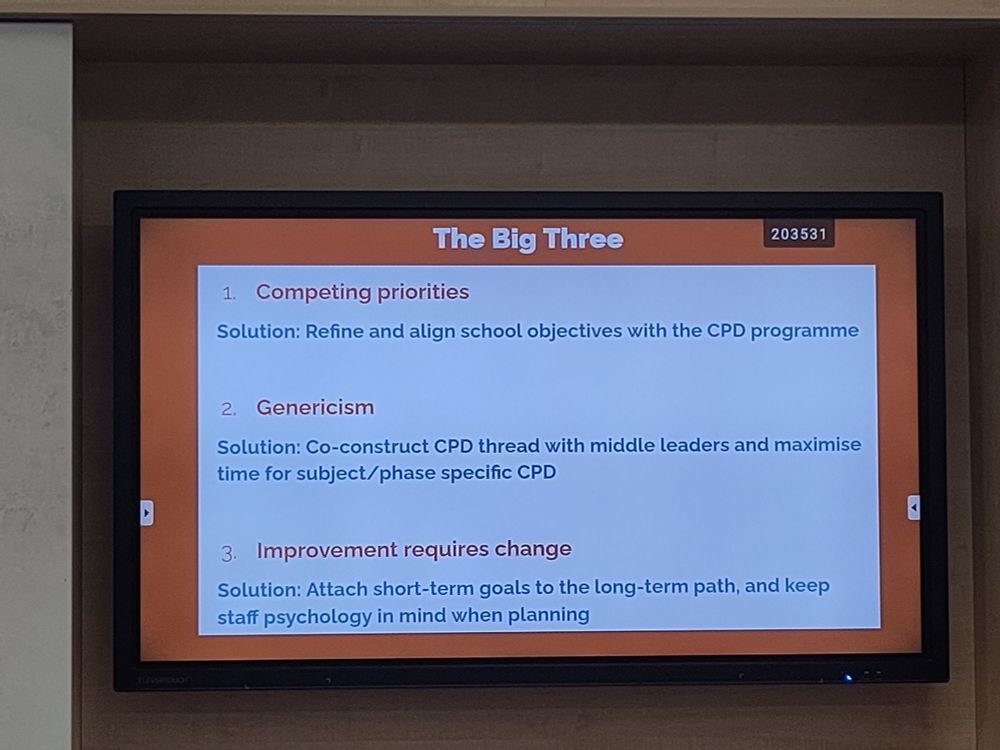schoolsweek.co.uk/teachers-can...

schoolsweek.co.uk/teachers-can...

Brilliant authors sharing their varied approaches to teaching about interpretations.
Great CPD for history teachers and subject leads!
@sehartsmith.bsky.social @historysuperfan.bsky.social @benarscott.bsky.social and others
Join us on 7 Feb 2026 for a day of workshops and a nice curry – all for £25.
Ten years after the ‘knowledge turn’, we’re exploring what knowledge-rich history teaching looks like today.
Presenters & link below 👇

Join us on 7 Feb 2026 for a day of workshops and a nice curry – all for £25.
Ten years after the ‘knowledge turn’, we’re exploring what knowledge-rich history teaching looks like today.
Presenters & link below 👇
Found myself nodding at a few bits: the difficulty on setting a good EQ and the need to focus carefully on the pupil experience.
However I would like to raise some points in the spirit of critical debate /1


Found myself nodding at a few bits: the difficulty on setting a good EQ and the need to focus carefully on the pupil experience.
However I would like to raise some points in the spirit of critical debate /1
schoolsweek.co.uk/what-a-natio...



'Streaked tenrecs and improving reading'
On reading assessment, reading comprehension tests, and a call for different practice in schools.
alexquigley.co.uk/streaked-ten...


Session 1, M23
Come along and find out how we’ve improved the work of English leads and quality of KS2 writing across a whole city and the research base for our work.



Session 1, M23
Come along and find out how we’ve improved the work of English leads and quality of KS2 writing across a whole city and the research base for our work.



